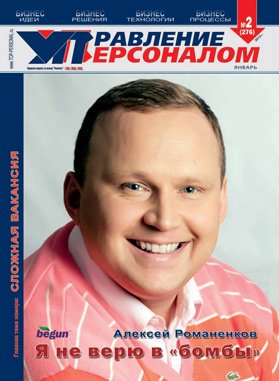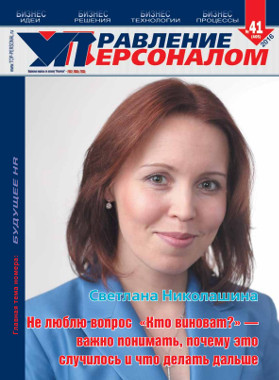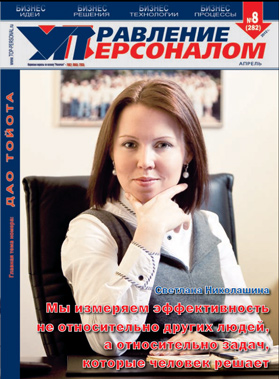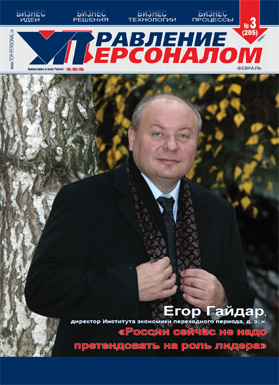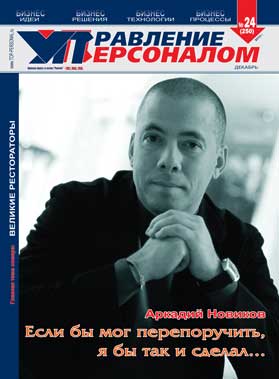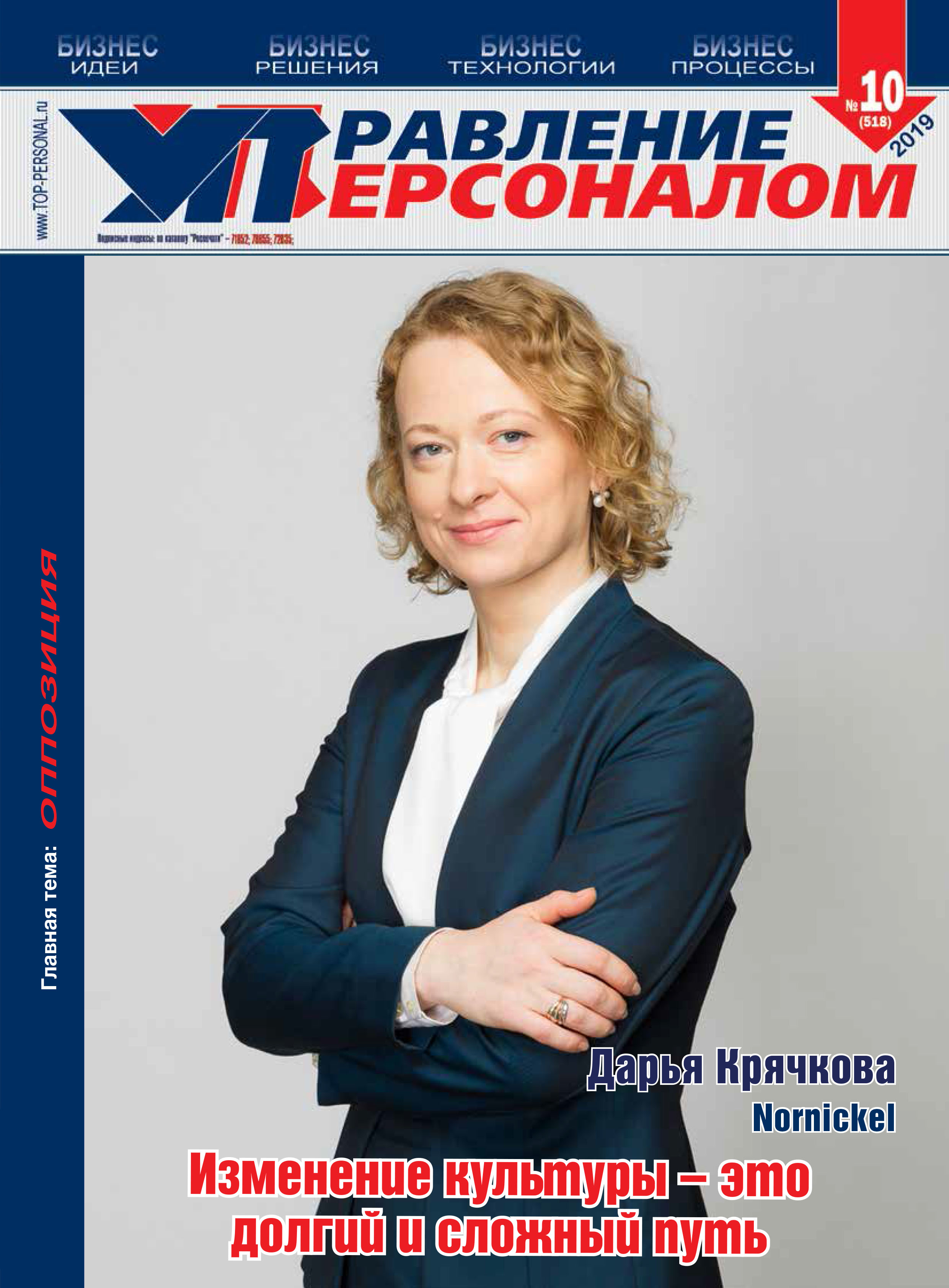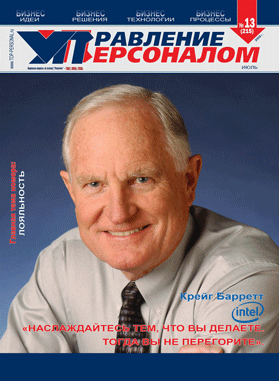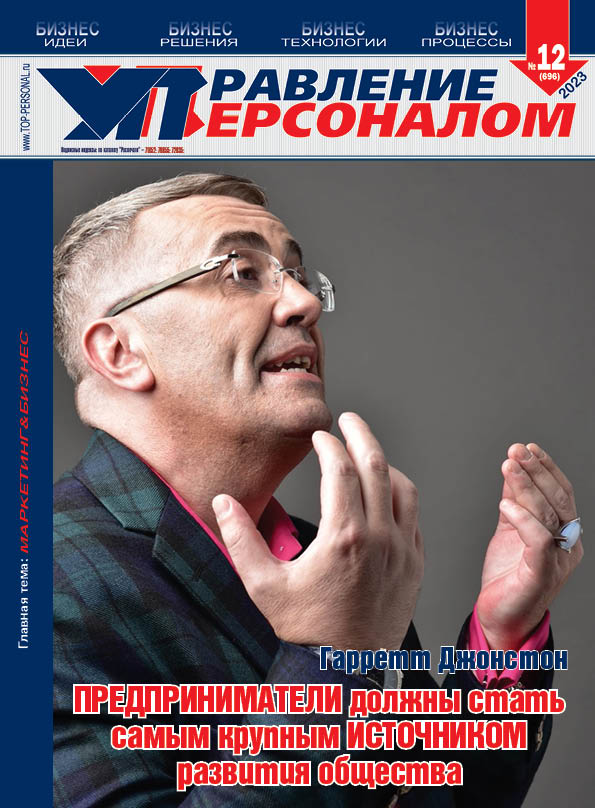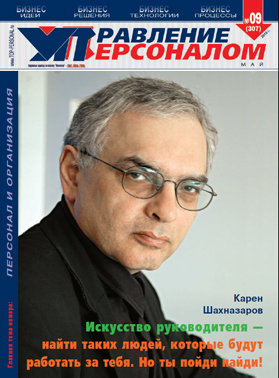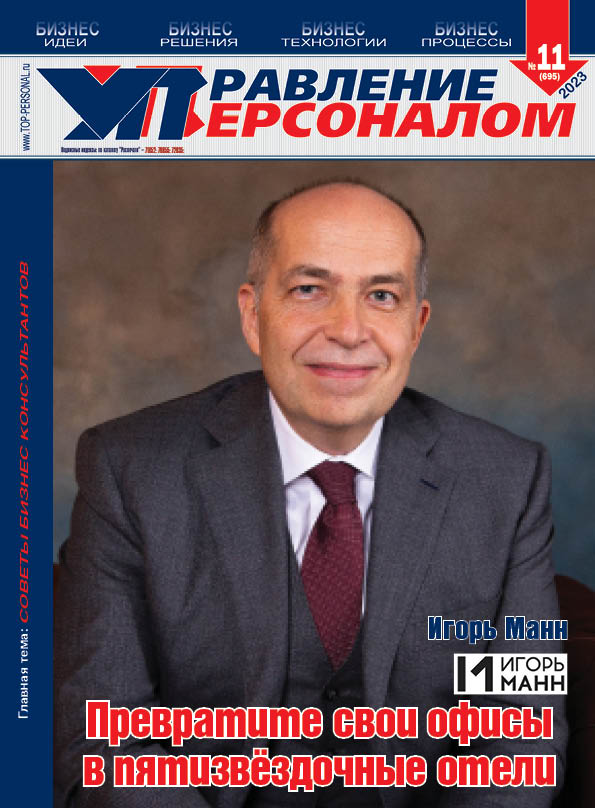Writing International Business Letters
Dear Sir/Madam,
Writing international business letters in a second language can be a stressful and time-consuming task. I am writing to you today to give you an overview of international business etiquette and to make letter writing in English a stress-free and even enjoyable part of your working day.
Every nationality has its own style and nuance but generally speaking, treat each recipient with respect and civility and most important, KISS — Keep It Short and Simple. Always remember the reason for writing is to communicate — make your point clearly and use short sentences. If the sentence is longer than two lines, break it into two sentences.
I look forward to helping you write better letters in English and should you have any further questions, please do not hesitate to contact the magazine.
Yours faithfully,
Alison Makoschey
I am going to cover four important aspects to consider when writing international business letters; formality and titles, politeness and directness. Within each sub-heading I will rate the nationalities from one to three, one being the most formal, polite or direct and three the least.
Formality and Titles
- Easily the most formal nationalities are the Japanese and the British.
Avoid using contractions — I’m and abbreviations — ASAP, (as soon as possible).
Use the passive voice — The invitation has been sent, not, I have sent the invitation.
Always begin a correspondence using the title, Mr, Ms, Dr or Prof., but as soon as they reply using the first name then change to the first name address as well. The Japanese will always use surnames and san a term of respect. Hierarchy is extremely important to the Japanese so contact should be made by employees at the same level or higher than their Japanese counterpart.
Note: Do not use Miss or Mrs. Ms is a generic term for all females, married or not. - Continental Europeans, such as German speakers, Benelux, France and North Italy are less formal but more exact. Be careful with North Americans as their writing style can seem very informal, particularly their choice of language, often using slang. However, when writing to them, maintain a friendly but formal tone. The French may seem less formal but hierarchy is extremely important, almost militaristic.
German speakers will always use titles, sometimes rather long-winded ones (Herr Prof. Dr. Braun) but ALWAYS respond by using the full title as it is a matter of great importance in these countries, especially Austria. North Americans normally do business on a first name basis. - South Europeans are naturally less formal and more friendly so a more relaxed tone is appropriate. Contractions, I’m and phrasal verbs, pick up are O.K.
Again, always begin a correspondence by using their full title although they will likely change to first names terms very quickly.
Politeness and Directness
- Again the most polite are the British and the Japanese — the British because they take offence easily and the Japanese as a matter of respect.
Always say, please when asking for anything and use polite phrases such as; Would you mind sending..., Could you please..., If it is not too much trouble would you...
The British are famous for their indirectness — they love «beating around the bush» and seldom get to the point.
Avoid giving negative feedback. Instead try using a «negative positive» such as; It is not very expensive, not it is too cheap; the service was not very fast, not they were too slow. - North Americans are often polite but may have a hidden agenda, so try to read between the lines. The Dutch strike a good balance of being efficient and relaxed, being able to get to the point yet still maintaining politeness, for example; We would greatly appreciate a prompt response to this letter.
- German speakers are often perceived to be the least polite but this is actually just a matter of style. They see little point in wasting five lines on niceties and prefer to go directly to the point and get to the root of the problem. This is a lot more efficient and often more effective but causes the British to consider their behaviour rude and upfront.
Generally speaking all these points are equally important for both ‘snail-mail’- traditional post and email. Greetings and salutations may change, ‘best regards’ instead of ‘yours sincerely’ but as my grandmother always said, «good manners, cost nothing».
Источник: Секретарское дело 5 - 2012

